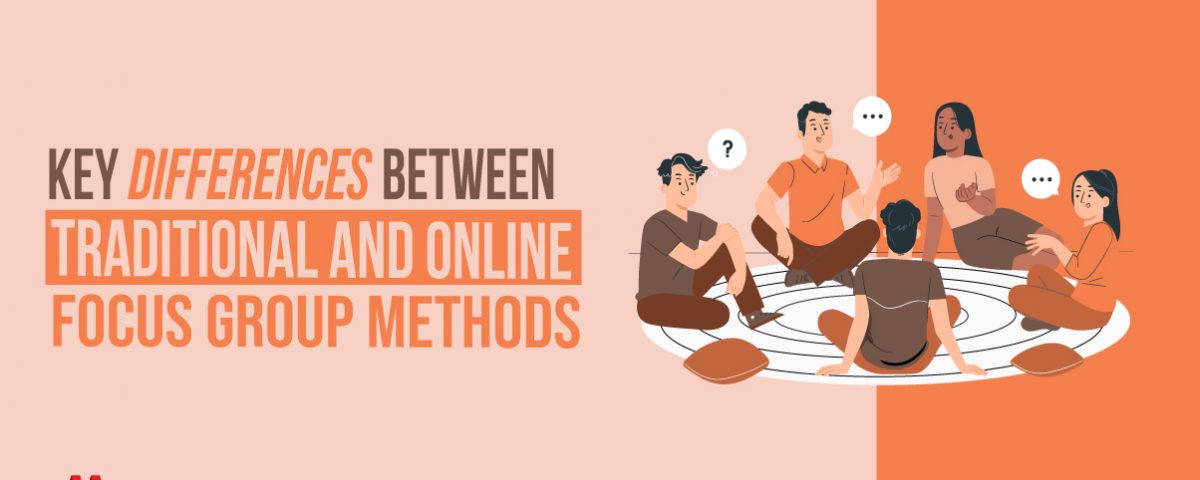
SEM Marketing and Social Media Pitfalls to Avoid for a Successful Campaign
July 5, 2021
Comparing Classic and Contemporary Market Research Methods
August 9, 2021The modern workplace is characterized by an ever-increasing amount of people working remotely.
According to a report released by Global Workplace Analytics in 2020, around 25% to 30% of the total workforce worldwide is predicted to work from home several times a week before the end of 2021. Remote employees use various technologies for working outside the office. This shift in the work perspective that usually required physical presence led researchers who choose this emerging work setup to reconsider some of their methods, like doing a focus group.
Conducting a traditional focus group study requires researchers to physically meet and face a group of respondents. It may not be possible if they choose to work at home. They need to consider adding an online focus group discussion to their methods for marketing research. Remote platforms and other online tools help make this process a lot easier.
There are plenty of differences between online and traditional focus groups. Here are some of the variations to keep in mind if you need to decide which of the two methods is better.

Traditional vs. Online Focus Groups: The Similarities
Whether you intend to do standard focus group discussions in person or online, you need a group of respondents to begin the activity. A group usually consists of 6 to 12 participants at a given time. The number of respondents can provide an insightful contribution to the discussion so you can get clear answers to all your questions.
Also, both traditional and online setup of a focus group in Singapore and other parts of the world would need a detailed interview guide and a skilled facilitator to moderate the activity. The interview guide must include different questions that can help draw out the insights you want to get from your respondents. It must ask all the important questions right from the start of the discussion to let everyone have enough time to answer.
In addition, the facilitators must know how to be flexible when conducting a focus group discussion so they can ask follow-up questions or raise clarifications before the end of the session.

Traditional vs. Online Focus Groups: The Differences
The most obvious difference between traditional and online focus group discussions is where the activity takes place.
Traditional focus groups are normally held in a conference room or at a designated off-site venue by the host organization. Meanwhile, the online setting can take place anywhere, as long as the respondents and the facilitator have a video conferencing app like Zoom or Skype.
Another major difference between the two methods is the view of the researcher or his line of sight. The traditional setup allows the researcher to observe the respondent’s body language.
On the other hand, the person responsible for conducting the research online must rely on reading the respondent’s facial expressions during their activity. Since the focus group activity participants are not in the same room, everyone must use the same communication tools to have a clear and audible discussion.

Traditional vs Online Focus Groups: What to Choose?
Both methods of focus groups come with their own set of advantages and disadvantages. But as the research market continuously faces rapid changes all the time, it is necessary to check out which is the right method to fit your company’s needs.
Face-to-face discussions allow each participant to hear the ideas of others, which can lead to a more meaningful exchange of ideas. However, it comes with various challenges like transportation and availability of qualified respondents and the limitation to a single location.
On the other hand, online focus groups can get respondents from the organization’s local area or wherever in the world if necessary. It is also more convenient for the participants since they can join the discussion from their offices or homes. This method is also more cost-efficient since it does not require transportation or venue rental costs. However, it would require all participants to use the appropriate technology such as webcam-equipped computers and a stable Internet connection for a seamless activity.
There are plenty of pros and cons surrounding both traditional and online focus group discussion methods. You only need to gauge which one provides the most benefit for your company.

Conclusion
The work-from-home setup is expected to become a norm in the coming years. Researchers must adapt to workplace changes and embrace technology to make focus group discussions and other research methods easier and more convenient. If you need experts in online focus group discussions, focus group discussion Singapore professionals from Media Manager can guide you in this research approach.
Our knowledge and expertise in online research methods can help you conduct remote focus groups faster. You may send an inquiry at https://www.mediamanager.com.sg/contact/ for more information.
